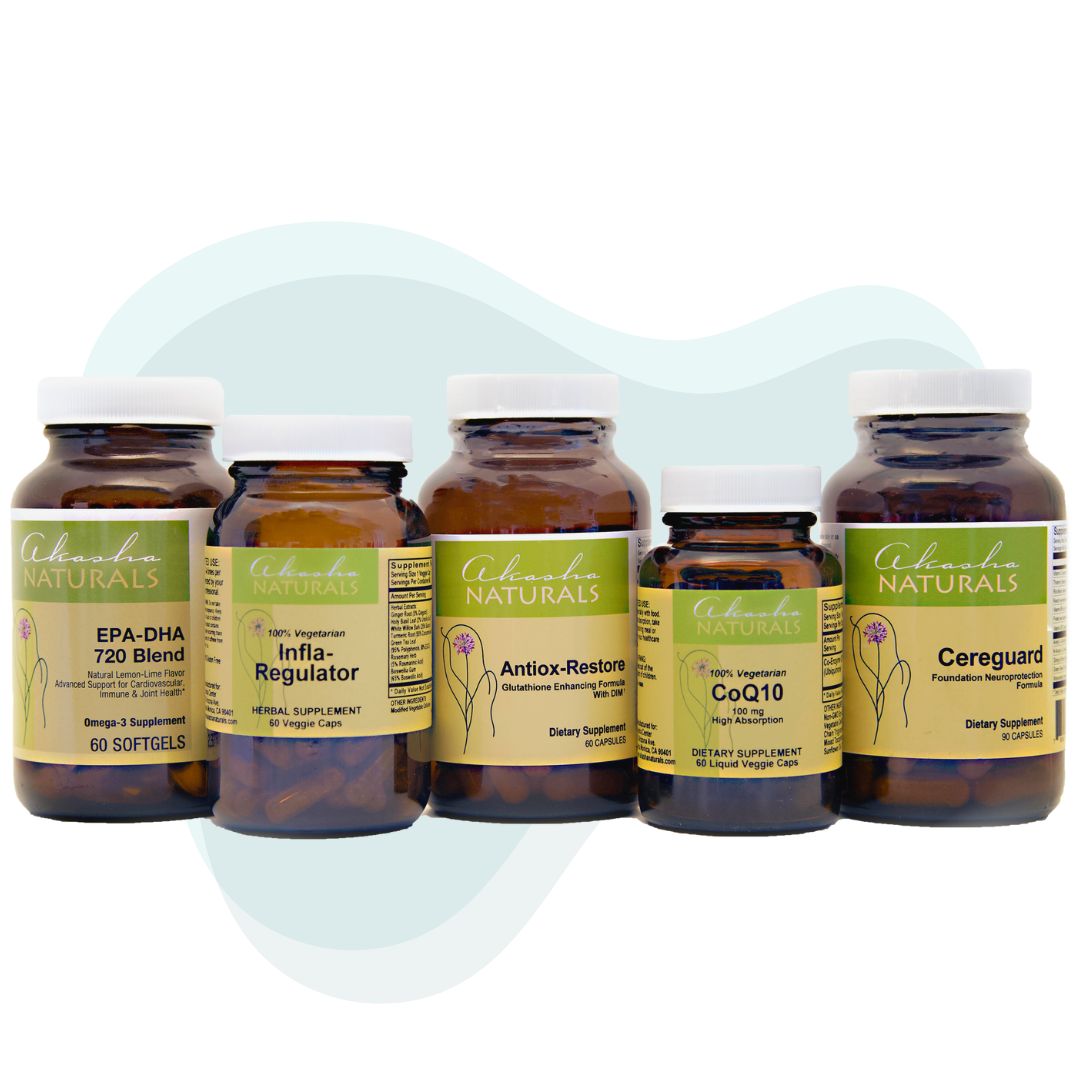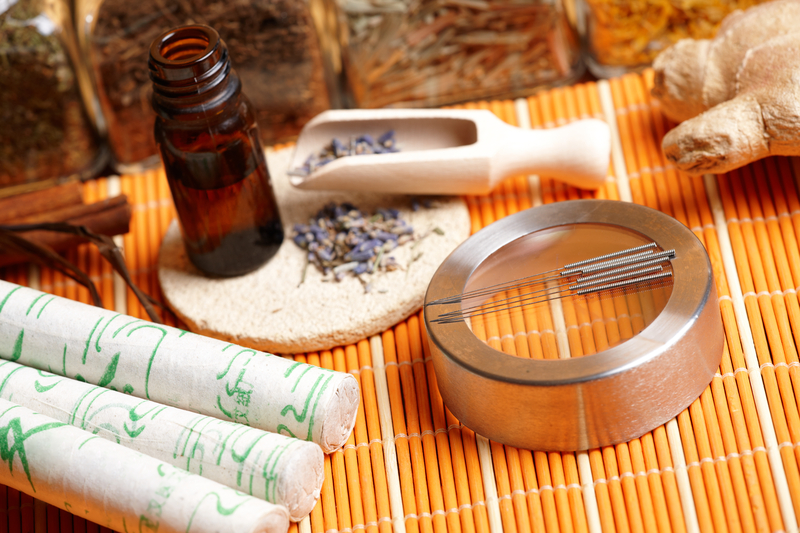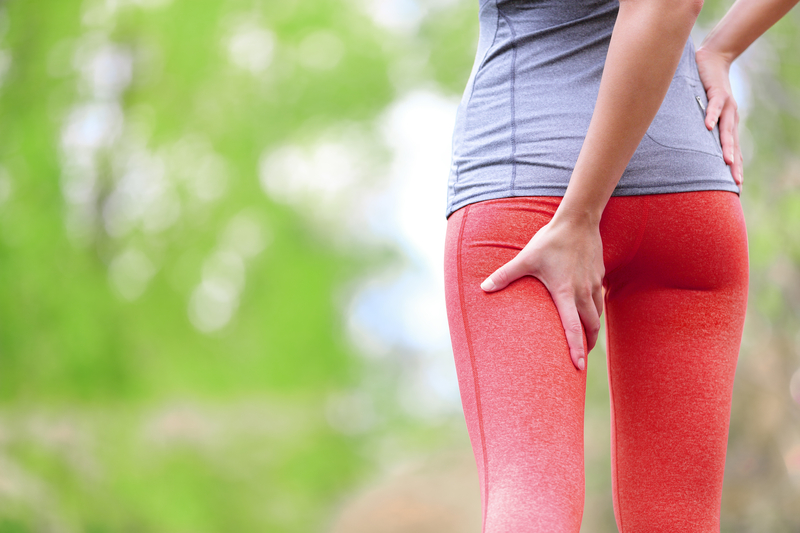What is Acupuncture?
Acupuncture is the stimulation of a certain point or points on or near the surface of the body by the insertion of needles to normalize physical functions, including pain control. The first classic acupuncture text book was written at (200 – 300B.C.). It represents a complete medical system and integrated approach to health maintenance and treatment of disease. Today acupuncture is practiced widely in the world because of its remarkable results. According to the NIH, over one million people in the United State take acupuncture treatments each year.
How does acupuncture work?
Qi is the basic concept of Chinese medicine. Qi is internal energy which circulates through the body along central pathways, known as meridians. Qi is the basic material of the human body as well as the energy production activities. Any obstruction or deficiencies of Qi would eventually lead to pain and illness. The flow of Qi in the channels comes close to the skin at specific, anatomically identifiable locations called acupuncture points. When stimulated, those acupoints can adjust and balance the flow of Qi to bring health to the entire body.
Is acupuncture painful?
Acupuncture needles, unlike hypodermic, are ultra thin and flexible, thereby permitting a nearly painless insertion. You may feel some heaviness, distention, tingling, or electric sensation either around the needle or traveling up or down the affected meridian. You will feel very relaxed during the treatment and after.
Is acupuncture safe?
Acupuncture is very safe if practiced by a trained, qualified acupuncturist using sterile, disposable needles
Are there any side effects?
Acupuncture is a method of encouraging the body to promote natural healing and to improve functioning. It is natural healing method. Harmful side effects are very rare. Occasionally there may be bruising at the point of the needle insertion, this will heal quickly. There may also be a drop of blood when the needles are removed.
How deep do the needles go?
That depends upon the nature of the problem and the location of the points selected, the patient’s size, age, and constitution, and upon the acupuncturist’s style or school. Usually, needles are inserted from ¼ to 1 inch in depth
Can I combine acupuncture with other medical treatment?
Acupuncture can be used with conventional western medicine, osteopathic or chiropractic adjustments, or naturopathic prescriptions. It is important that you inform your acupuncturist of all your other treatments.
How long will treatments take?
Initial consultation and treatment can take one to two hours. In this time a complete medical history will be taken, an oriental medical diagnosis made, treatment administered and herbal prescription developed. Follow-up visits typically take one hour.
Do I need prepare anything before I take acupuncture treatment?
Before you come in the clinic, make sure that you have a light meal and drink enough water. Also wear comfortable clothes.
How many treatments will I need?
Since each person is unique and types of conditions differ the number of treatments varies from person to person. Generally, chronic conditions require one or two treatments per week for several months. Acute illness usually respond quickly, in a few visits. You should discuss with your acupuncturist how many treatments are needed to maximize your results.
What can I expect after treatment?
Generally, you should expect to feel better after treatment. Some people may get dramatic results in the first treatment, and some people may need more sessions. You may also experience slight tiredness after first acupuncture treatment, which will be recover after 30 minutes rest.
Will acupuncture help me?
The World Health Organization recognizes acupuncture and traditional oriental medicine’s ability to treat over 43 common disorders including:
- Respiratory Disorders: such as emphysema, sinusitis, asthma, allergies and bronchitis
- Gastrointestinal Disorders: such as food allergies, peptic ulcer, chronic diarrhea, constipation, indigestion, gastrointestinal weakness, anorexia and gastritis.
- Urogenital Disorders, including stress incontinence, urinary tract infections, and sexual dysfunction.
- Gynecological Disorders: such as irregular menstruation, dysmenorrhea, amemrrohea, infertility, menopause and premenstrual syndrome (PMS).
- Disorders of the Bones, Muscles, Joints and Nervous System: such as arthritis, migraine headaches, neuralgia, insomnia, dizziness and low back pain, neck and should pain.
- Circulatory Disorders: such as hypertension, angina pectoris, arteriosclerosis and anemia.
- Emotional and Psychological Disorders: including depression and anxiety.
- Addictions: such as alcohol, nicotine and drugs.
- Eye, Ear, Nose and Throat Disorder.
- Supportive Therapy for other chronic and painful debilitating disorder
Make an Appointment Today!
Call 310-451-8880






